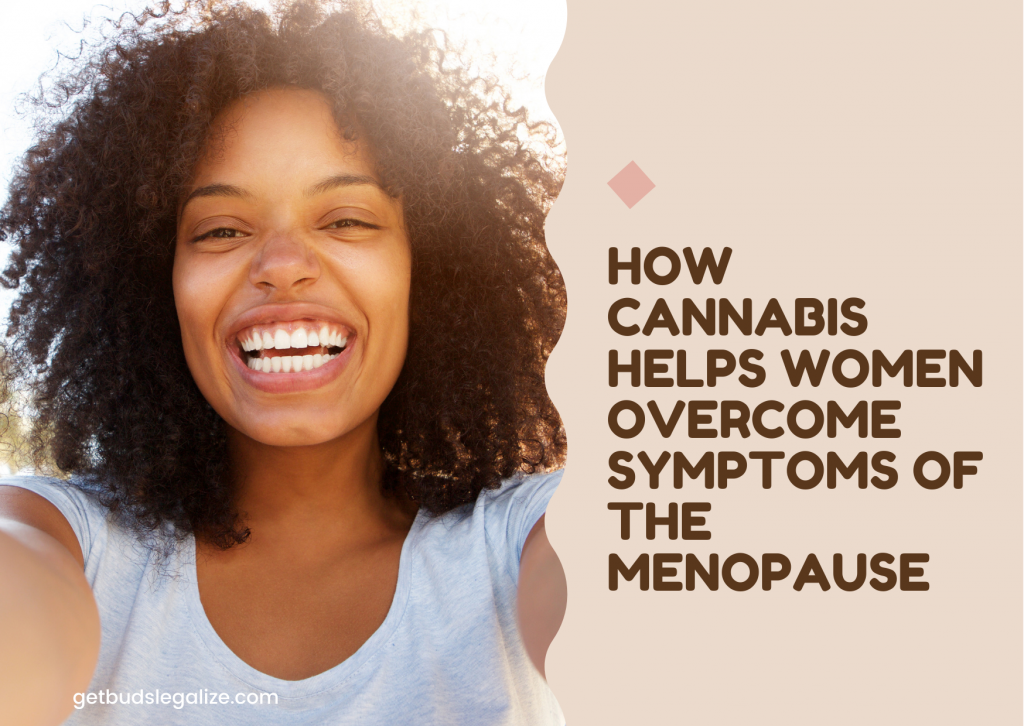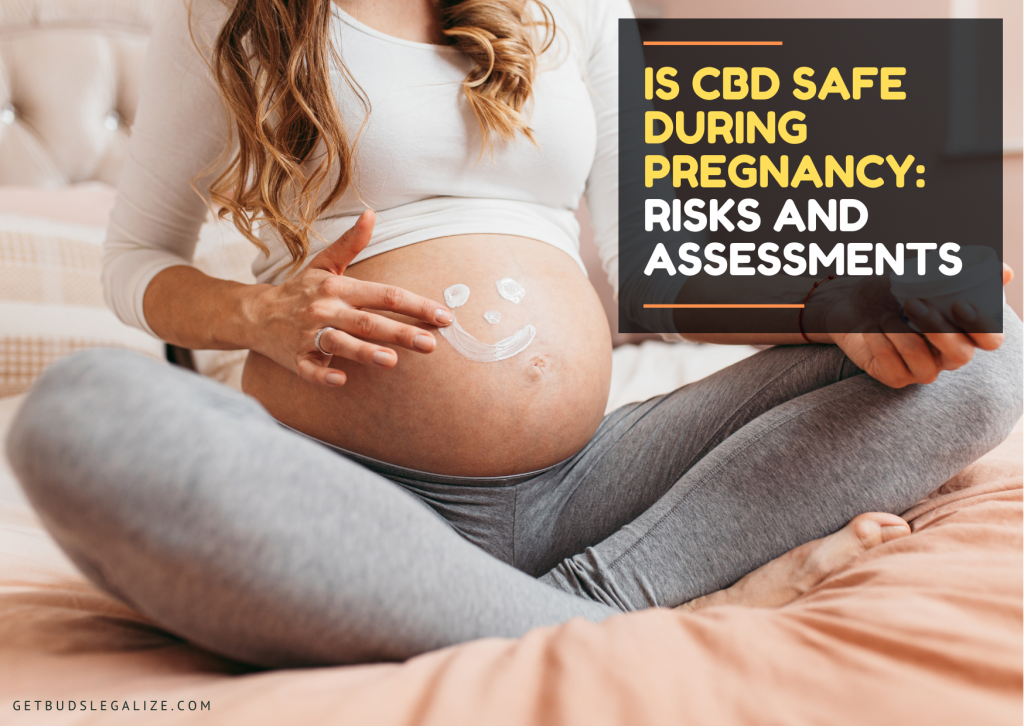Cannabis for Women’s Health: Natural PMS and Menopause Relief for Hormonal Balance
More than 80% of women experience menstrual pain, prompting many to seek natural alternatives beyond conventional pharmaceuticals.
Enter cannabis—a plant gaining widespread recognition for its ability to support women’s unique health needs. From relieving PMS symptoms and cramps to aiding menopause and enhancing sexual wellness, cannabis is emerging as a powerful ally in feminine care.
As legalization expands and stigma fades, more women worldwide are turning to cannabis as a holistic wellness tool, embracing its potential to nurture both body and mind.
The Expanding Market for Women’s Health
The U.S. women’s health market is projected to surpass $58 billion by 2030, with growing attention to conditions such as infertility, menopause, endometriosis, and osteoporosis.
Once stigmatized, cannabis is now being recognized as a promising natural remedy, offering new hope to millions seeking alternatives beyond traditional pharmaceuticals.
Cannabis: A Time-Tested Remedy for Women
Women have relied on cannabis for wellness for thousands of years. Ancient Mesopotamian texts, Egyptian papyri, and even Queen Victoria’s physician documented its use for easing menstrual discomfort and assisting childbirth.
Now, modern science is validating these historical remedies, reaffirming cannabis’s potential in addressing women’s unique health concerns.
Understanding the Endocannabinoid System (ECS) and Women’s Health

What Is the ECS?
The Endocannabinoid System (ECS) is a vital regulatory network that helps maintain internal balance, influencing processes such as:
- Mood and stress response
- Pain perception
- Appetite and digestion
- Sleep cycles
- Immune function
- Reproductive health
The ECS’s Three Core Components
- Endocannabinoids: Naturally occurring molecules that bind to cannabinoid receptors to trigger ECS responses.
- Cannabinoid Receptors: Found throughout the body, especially in areas critical to women’s health. CB1 receptors are located in the brain and nervous system, while CB2 receptors are found in the immune system and reproductive organs.
- Enzymes: Responsible for breaking down endocannabinoids after they’ve fulfilled their function.
Since the ECS regulates many aspects of female wellness, cannabis-based therapies are increasingly seen as a promising approach.
How Cannabinoids Interact with the ECS
Plant-derived cannabinoids, particularly THC and CBD, interact with the body’s endocannabinoid system (ECS) in distinct ways, influencing various physiological processes related to women’s health.
THC: The Mimic
Tetrahydrocannabinol (THC) closely resembles the structure of anandamide, a naturally occurring endocannabinoid. This similarity allows THC to bind directly to CB1 and CB2 receptors, particularly in the brain and reproductive system, potentially impacting:
- Pain relief
- Mood regulation
- Ovulation
- Uterine contractions
CBD: The Modulator
Unlike THC, CBD does not directly bind to ECS receptors. Instead, it interacts indirectly, influencing enzymes and neurotransmitters to promote overall balance in the body. This modulation allows CBD to:
- Inhibit enzymes that break down anandamide, thereby increasing endocannabinoid levels.
- Reduce inflammation and pain by modulating immune responses.
- Support hormonal balance by interacting with serotonin receptors and anxiety-related pathways.
Together, these cannabinoids offer promising relief for menstrual discomfort, PMS-related mood swings, anxiety, and inflammation, helping women feel more in control of their wellness.

Cannabis for Period Pain, PMS, and Endometriosis
Menstrual pain (dysmenorrhea) affects nearly 84% of women, yet research on cannabis as a period pain remedy remains limited. However, growing evidence and personal experiences suggest that cannabis-infused tampons, suppositories, and topicals may provide targeted relief, helping to ease cramps, reduce inflammation, and improve overall comfort.
💬 “I started using a CBD vaginal suppository during my period, and it cut my cramps in half,” shares Emma, 32, from California.
How Cannabis Helps PMS Symptoms
Many women turn to cannabis for relief from common PMS symptoms, including:
- Irritability and mood swings
- Fatigue and low energy
- Insomnia and restless sleep
- Bloating and cramps
A 2022 review in Frontiers in Psychiatry highlighted cannabinoids’ potential in mood regulation, suggesting they could serve as a natural alternative to NSAIDs or hormone therapies for managing PMS discomfort.
Endometriosis and Cannabis: A Promising Alternative
Endometriosis affects 1 in 10 women of reproductive age, causing severe pain and gastrointestinal issues.
A 2020 study in PLOS One found that inhaled and oral cannabis significantly reduced endometriosis-related discomfort, providing a potential avenue for natural relief.
Supporting Menopause and Hormonal Balance
As estrogen levels decline, many women experience disruptive symptoms such as hot flashes, mood swings, joint pain, and insomnia. While traditional treatments exist, an increasing number of women are turning to cannabis as a natural alternative for relief.
A 2020 survey published in Menopause found that most women who used cannabis for menopause reported improved sleep and reduced anxiety—a promising sign for those seeking holistic solutions.
Although further research is needed, early findings and personal experiences suggest cannabis may offer meaningful relief. If you’re considering cannabis for menopause, it’s best to start with a low dose, monitor your body’s response, and consult a healthcare provider familiar with cannabis-based therapies to ensure a safe and effective approach.
Related Article:
How Cannabis Is Helping Women Reclaim Intimacy
Cannabis is transforming female sexual health by:
- Reducing anxiety
- Boosting natural lubrication
- Intensifying orgasms
Cannabis-infused lubricants and arousal oils are gaining popularity as tools to improve confidence, comfort, and pleasure.
Cannabis Use During Pregnancy and Postpartum: What You Should Know

Pregnancy: A Complex Consideration
While some women explore cannabis for relief from morning sickness, anxiety, or pain during pregnancy, health experts strongly advise caution. Research indicates that THC may affect fetal development, potentially leading to low birth weight and other complications.
Organizations such as the CDC and FDA recommend that pregnant individuals avoid cannabis altogether due to the uncertain long-term effects on developing babies.
Related Article:
Breastfeeding and Postpartum Recovery
Cannabinoids, including THC and CBD, can pass into breast milk, which raises concerns about potential effects on newborns. While some women report benefits from using CBD postpartum for anxiety, sleep, or pain relief, scientific data remains limited, and healthcare providers typically recommend caution.
If you’re considering cannabis use during pregnancy or postpartum, it’s crucial to consult a knowledgeable doctor to weigh potential benefits and risks, ensuring the safest approach for both mother and child.
Best Ways for Women to Use Cannabis
Here’s how various product types compare:
| Product Type | Onset Time | Use Case | Pros | Cons |
| CBD Oil | 15–45 mins | PMS, anxiety, sleep | Easy to dose, no smoke | Taste varies |
| Topicals | Fast | Menstrual cramps, joint pain | No psychoactive effect | Local effect only |
| Edibles | 30–90 mins | Pain, mood, sleep | Long-lasting effects | Harder to dose, delayed onset |
| Sublingual Oils | 15–30 mins | Fast relief without smoking | Precise dosing | Shorter duration |
| Vaping | 5–10 mins | Quick mood or pain relief | Discreet, rapid onset | Safety concerns remain |
| Intravaginal Uses | Varies | Menstrual/sexual health | Targeted relief | May feel invasive to some |
The Future of Cannabis and Women’s Health
While cannabis is not a one-size-fits-all solution, its role in women’s health continues to expand. Research and real-world experiences increasingly highlight its potential benefits for hormonal balance, chronic pain, mental health, and overall well-being.
Pregnancy remains a cautionary zone, as experts urge careful consideration due to the potential effects on fetal development. Beyond that, however, the outlook is optimistic, with ongoing studies exploring its diverse applications.
As stigma fades, women are at the forefront of cannabis research, product innovation, and advocacy, driving a shift toward holistic wellness solutions. Cannabis is no longer just a conversation—it’s becoming a transformative tool in how women approach their health and self-care.
Ready to Explore Your Cannabis Wellness Journey?
Start with certified, lab-tested products from trusted brands—especially those created by and for women. Speak with a knowledgeable healthcare provider or cannabis consultant to find the best approach for your unique needs.
Cannabis is no longer a fringe remedy—it’s becoming central to the modern woman’s lifestyle, offering natural relief, empowerment, and new possibilities for wellness.
Frequently Asked Questions (FAQs) about How Cannabis Supports Women’s Health
Many women report that cannabis helps alleviate common PMS symptoms, including cramps, mood swings, and insomnia. While clinical research on cannabis for PMS is still developing, CBD and THC products, such as oils, topicals, and suppositories, are becoming popular natural options.
To ensure safety and effectiveness, it’s best to start with low doses and consult a knowledgeable healthcare provider before use.
Yes. Emerging studies and anecdotal evidence suggest that cannabis can reduce endometriosis-related pain and inflammation.
Both inhaled and oral cannabis products have been used successfully by patients to ease chronic discomfort.
Many women explore cannabis as a natural solution for managing menopause-related symptoms such as hot flashes, anxiety, joint pain, and sleep disturbances.
Emerging research suggests that cannabis may enhance sleep quality and reduce anxiety, offering relief for those navigating hormonal changes.
However, individual responses vary, so it’s essential to consult a healthcare professional before incorporating cannabis into your wellness routine.
Medical experts generally advise against cannabis use during pregnancy and breastfeeding due to potential risks to fetal and infant development.
THC can cross the placenta and breast milk, potentially affecting the baby’s health.
Always consult your doctor for personalized advice.
Women often prefer non-smoking options like CBD oils, edibles, topicals, vaginal suppositories, and tinctures for targeted relief and discreet use.
Vaping offers quick effects but carries safety considerations.
Choosing the right method depends on individual needs and health goals.
Yes. Cannabis is known to reduce anxiety, increase natural lubrication, and enhance sexual pleasure for many women.
Products like cannabis-infused lubricants and arousal oils are increasingly popular for improving intimacy and comfort.
The ECS is a body system that helps regulate mood, pain, immune response, and reproductive health.
Cannabinoids like THC and CBD interact with ECS receptors in female reproductive organs, which may explain cannabis’s benefits for menstrual and hormonal health.
Like any substance, cannabis can cause side effects, particularly for women. Some of the most common include:
- Dry mouth
- Dizziness
- Changes in appetite
- Temporary cognitive effects, especially with THC
To minimize potential discomfort, women should start with low doses and monitor their response carefully.
For personalized guidance, consulting a healthcare provider familiar with cannabis is highly recommended to ensure safe and effective use.
Women-led cannabis brands are creating products specifically designed to address women’s health needs with a focus on safety, empowerment, and healing.
These entrepreneurs are driving innovation and reshaping the cannabis industry to better serve female consumers.
Look for certified, lab-tested products from reputable brands—ideally those led by or focused on women’s wellness.
Always verify product quality, cannabinoid content, and third-party testing to ensure safety and effectiveness.
The best products for perimenopause symptoms are typically full-spectrum or broad-spectrum CBD oils and tinctures that support mood, sleep, and hormonal balance.
Choose organic, third-party tested options with precise dosing. Start with a low dose and adjust gradually under the guidance of a cannabis-informed healthcare provider.
Yes, CBD gummies can be an effective and enjoyable way to manage menopause symptoms such as anxiety, irritability, and sleep disturbances.
They provide longer-lasting relief than tinctures or vapes and are especially useful for nighttime use.
Choose gummies with clearly labeled CBD content and no artificial additives.
For managing hot flashes, some of the most effective edibles include low-dose CBD or balanced CBD/THC gummies and chocolates infused with cooling herbs like peppermint or chamomile.
These ingredients may help regulate body temperature and reduce inflammation, providing relief from sudden heat waves. Since effects typically begin within 30–90 minutes, it’s best to plan accordingly when incorporating edibles into your routine.
CBD may relieve symptoms related to PMS, menopause, chronic pain, anxiety, and sleep disorders.
It also supports skin health, may ease endometriosis-related pain, and promotes overall hormonal balance.
Its non-intoxicating nature makes it a practical choice for daily wellness routines.
A CBD patch is a transdermal product that slowly delivers CBD through the skin and into the bloodstream.
It provides steady, all-day relief from symptoms like hot flashes, night sweats, and joint pain, without the need for oral or inhaled administration.
Preliminary research suggests that CBD may influence estrogen production or receptor activity, potentially helping regulate hormonal balance.
However, more studies are needed. Women with hormonal imbalances should consult a healthcare provider before incorporating CBD into their routine.
ILGM Fertilizer:
Feed Your Plants Right

The Ultimate Cannabis Fertilizer – designed to fuel every stage from seedling to harvest.
✅ Feeds 5+ plants
✅ Big savings with bundle
✅ Works in soil, coco, or hydro
✅ Supports bigger, healthier yields
ILGM Plant Protector:
Ultimate Cannabis Protection

Shield your plants from pests and disease—naturally and effectively.
Protect From Seedling to Harvest
✅ Protects up to 20 plants
✅ Works in soil, coco, or hydro
✅ Fights pests & diseases fast
✅ Keep your grow healthy & stress-free



























